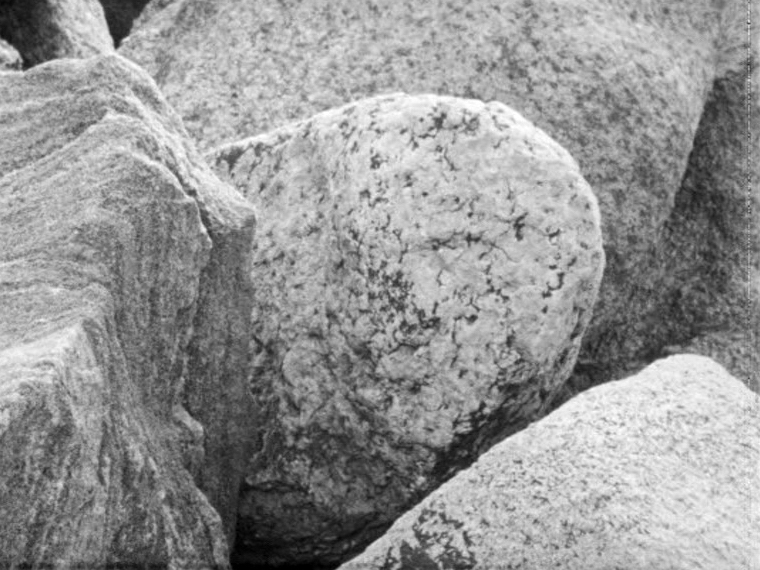
Johan van der Keuken, 1977
The more progress you make as a filmmaker, the more you view your work as a force, be it perhaps a modest one, in the social struggle. One of the repercussions is then that the free, autonomous image often must be subordinated to the image as the bearer of meanings. I have the feeling that, in covering precisely this ground, the art of montage has enriched its possibilities. First it dissociated itself from meaning and concept and became collage. By way of an acknowledgement of the limitations that our society (and perhaps every society) imposes upon us, it returned to the formulation of concepts. But in the process, it became a kind of montage that also incorporates the collage and exhibits a constant interchange between freedom and collective necessity. Dialectics that are left wing in their consequences but that “preserve the level of surprise.”